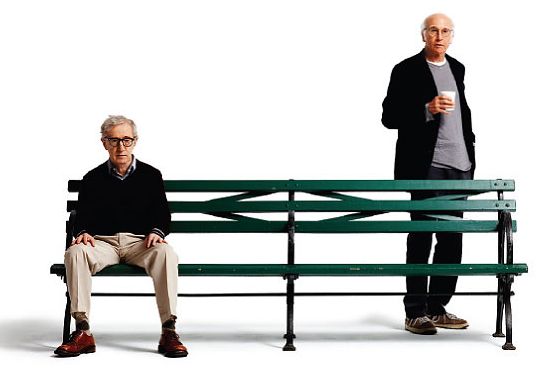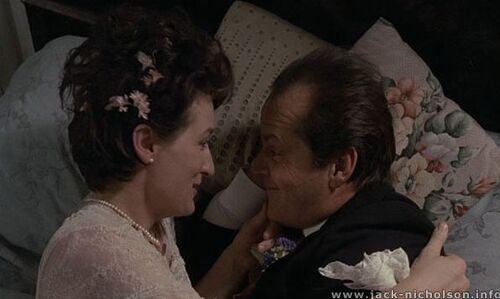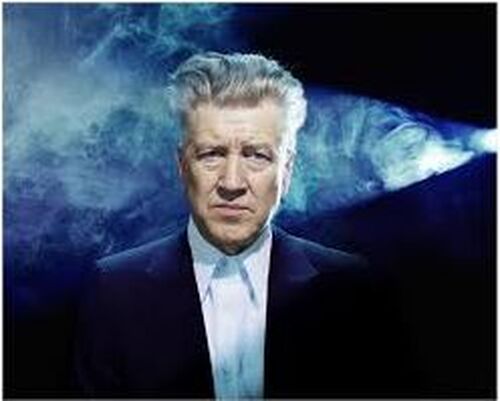
Woody Allen Retrospective: Whatever Works
The best part of working on a retrospective of someone's career is being able to see the gems hidden in their filmographies that you would otherwise miss. This month has been a wave of discovery, and through it, I have found some of my new favorite films. Woody Allen is a director with bona fide classics connected to his name. No one is likely to argue that Annie Hall is a standout in artistic achievement, or that Manhattan is an absolutely perfect blend of romance and comedy, positioned in front of a beautifully shot New York skyline, carrying a pitch-perfect score. Among others, Woody Allen is responsible for a number of other classics, with a near universal consensus as to their place among the best in American cinema. With a dozen or so revered films associated with Woody Allen that he gets ample credit for as being near-perfect works, I suppose it only makes sense that a number of his films would fly under the radar, missing the acclaim of the giants they share a lineage with. In my estimation, Whatever Works, the 2009 film written and directed by Woody Allen, deserves to be counted among his greats. No one could have made Whatever Works work like Woody Allen. Only his brand of cynicism, yet desire, to find happiness in the meaningless could have created the philosophical exercise that is Whatever Works. Larry David stars as the perfect "Woody Allen character", a term I dislike, as I don't find Woody Allen to be attempting to inject himself in each of his movies as much as I understand him to simply be writing characteristics he knows about. It's a losing battle, I've learned, to try to convince those I know to join me in an effort to change the American lexicon, so for the purpose of understanding, I'll say there is no one better to play a "Woody Allen character" than Larry David. I'm a huge fan of the neurotic curmudgeon I first met in David's show Curb Your Enthusiasm and always thought he would be great in a Woody Allen film. Imagine my delight to learn he was already in one! In Whatever Works, David plays a self-described misanthrope with a wholly negative view of the human race spending a majority of his time baffled that he has to live among it. Larry David stars alongside Evan Rachel Wood and Patricia Clarkson as the women who enter his life and possibly change it. Whatever Works is perhaps the most hard-hitting illustration of Woody Allen's outlook on life. Woody pulls no punches in Whatever Works; he does what works for him and his artistic expression, examining life's unanswered questions, with a half-smile and comedic touch. Forty-three years after his directorial debut, Woody Allen is still questioning the purpose of life, not to provide an answer, but rather to be content with its perceived meaninglessness.
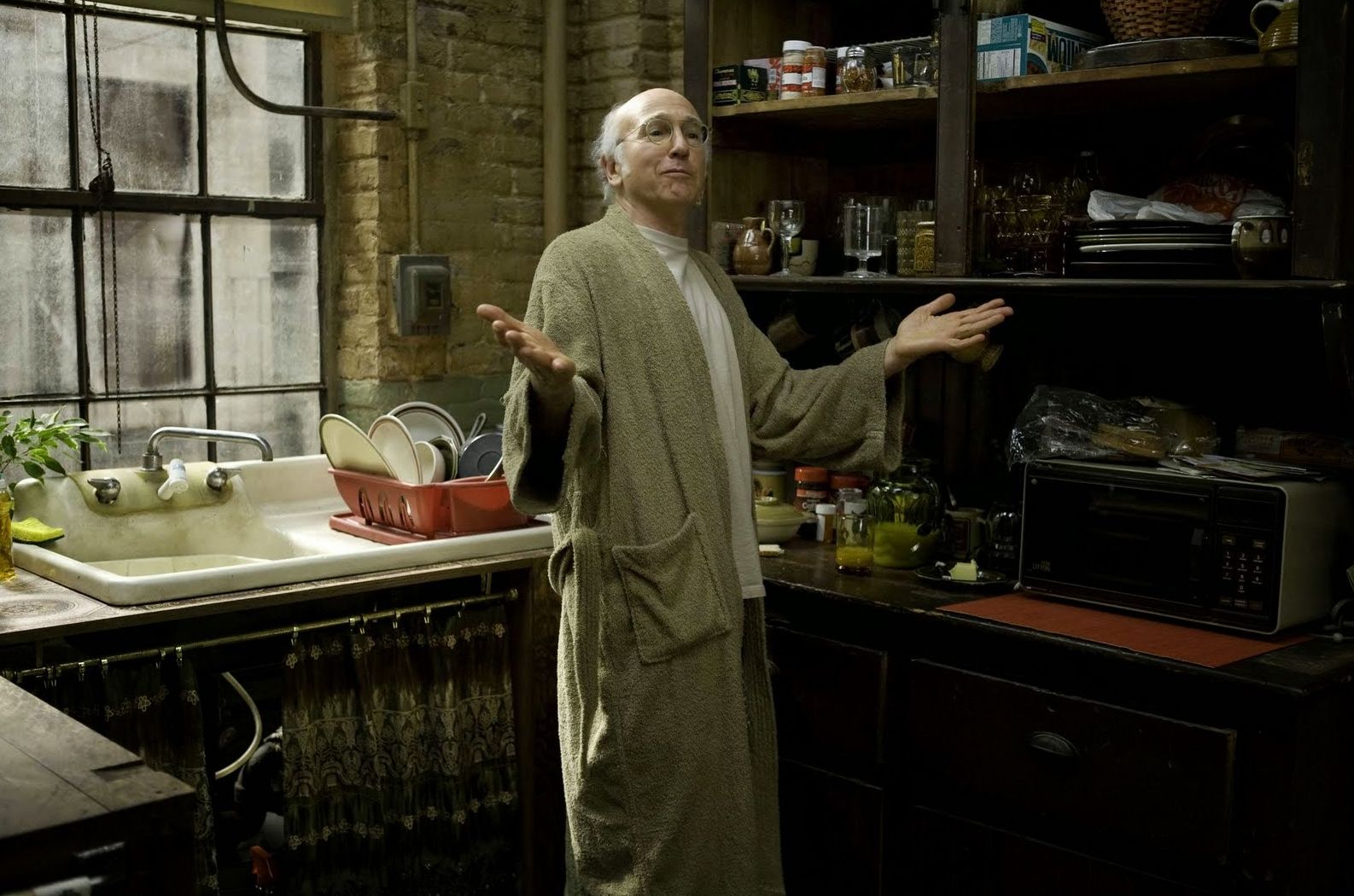
Boris Yelnikoff (Larry David) walks with a limp, under the strain of his Nobel prize worthy brain, and the heavy ache of seeing the world's most infantile beings walk among him. In reality, the limp is actually a souvenir from a failed suicide attempt, in which Boris flung himself through a window, only to be saved by a canopy hanging below. Not only his friends but also the "inchworms" he teaches chess to, know about Boris' deep contempt of the human race. A former professor of Quantum Mechanics at Columbia University, Boris is still distraught over losing the Nobel Prize that should have been his. One of his many existential crises led to Boris quitting his job at Columbia and divorcing his college sweetheart, only to move into a rundown apartment and teach chess to children in the park as a means of income. There exists no bright side in the life of Boris, and as he constantly tells the audience: he is the only one that truly sees what's going on in the world. Boris' careful routine existence is thrown into chaos when he meets a simple-minded religious girl, Melody Celestine (Evan Rachel Wood), who recently ran away from her home in Mississippi to make a better life for herself in New York. Little did she know, Melody found the last person in the world that would encourage her of a better life to be found. Boris, a severe germophobe, who insists on singing "Happy Birthday" to himself twice as he washes his hands to ensure peak cleanliness surprises everyone by allowing Melody to stay in his home while she saves money for an apartment. Boris, a naturally anti social recluse begins to not only enjoy Melody's company but appreciates once again having a hand to hold during his many existential panic attacks. In the most unlikely of circumstances, Boris and Melody marry. For a while, the marriage works for both of them, with Boris enjoying a sounding board for his many ideas regarding life, and Melody enjoying broadening her mind and pushing herself to speak in more than cliches. An unexpected outcome is the positive impact Melody is having on Boris, bringing him closer to actually enjoying aspects of the human race. Their routine existence is thrown into peril when Melody's mother, Marietta (Patricia Clarkson), unexpectedly shows up. Completely against the marriage of her happy daughter just establishing her life and the grumpy loner closer to the end of his life, Marietta sets out to find a better match and break up their marriage. Dealing with her husband's infidelity in her own marriage, Marietta is a runaway herself, in a much bigger city than she's ever occupied, left to rediscover her life. Marietta stays with Boris and Melody as she liberates herself and starts a new life, completely uninhibited, the way she's always wanted. When both of the women around Boris begin to expand their horizons, and possibly needing him less, all of their lives might be in for another upheaval.
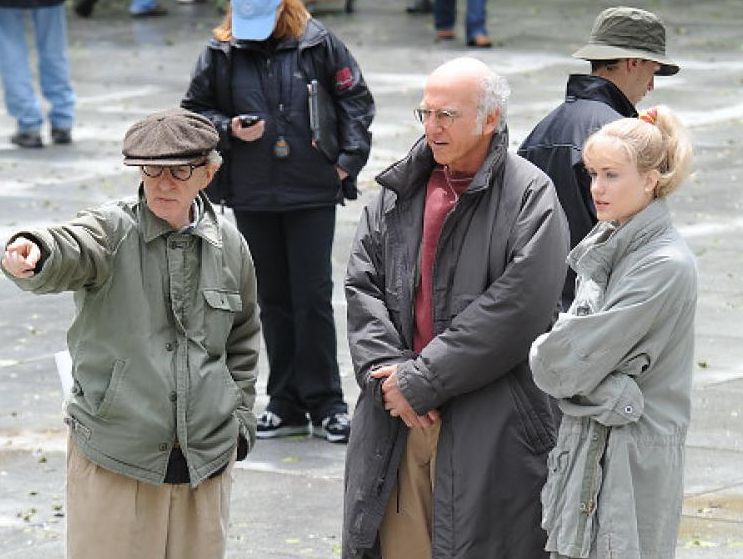
Many aspects of Woody Allen's films are ones that I wouldn't want to endure often in my life but are enjoyable for the length of one of his films. One of the aspects I would enjoy often is being able to sit amongst a group of my closest friends discussing philosophy. When the audience first meets Boris, we see he and his friends discussing human nature, if there is such a thing, and whether human beings are naturally good or bad. We see many other instances of Boris discussing philosophical ideas with his friends, which seems to be the highlight of his day, although it is doubtful he would admit that. Boris is written as someone who lives life in a way that convinces others that he doesn't need or want anyone close to him. Boris spends so much time asserting his dominance over the entire human race in part, I believe, to keep people away from him. Boris obviously struggles with emotions, and ultimately seems to be afraid of being a disappointment to anyone close to him. The most promising way to ensure you never let anyone down is to never let anyone close enough to be dissatisfied by you. A deeper character analysis of someone who seems to have no redeeming qualities, reveals a broken man who has tried to fill the crevasses of his existence with false positives because he finds himself unable to rationalize the mysteries of life. Boris' "whatever works" motto of doing whatever one wants in life as long as they are not causing harm to others may be enough to get him through the day-to-day, but it is obviously not enough to keep him from waking up in a cold sweat in the middle of the night. I've always appreciated the way Woody Allen explores the psyche of his characters. All the way back to Manhattan, we see Woody doing the same thing he is doing in Whatever Works, illustrating characters who shut themselves off from relationships before they ever have a chance to begin, then self-sabotaging those relationships after they have reluctantly begun. There are shelves all over the world full of films that are happily romantic and only superficially question the motives of others in exchange for a happy ending. The reality of life, however, is that not everyone enjoys a happy ending and Woody Allen's consistent exploration of human emotion is something I will forever appreciate. We're all searching for what Boris found in his 1:00 a.m. viewings of Fred Astaire that he found to comfort himself out of panic attacks. We all wish to find a purpose for our lives, engaging enough to bring us happiness and allow us to forget that everything ends. Woody Allen's Whatever Works breaks the 4th wall, speaking directly to his audience in the most honest and self-aware way to show us that even from the most heart-wrenching moments one can find happiness or, at least, whatever works for them.
